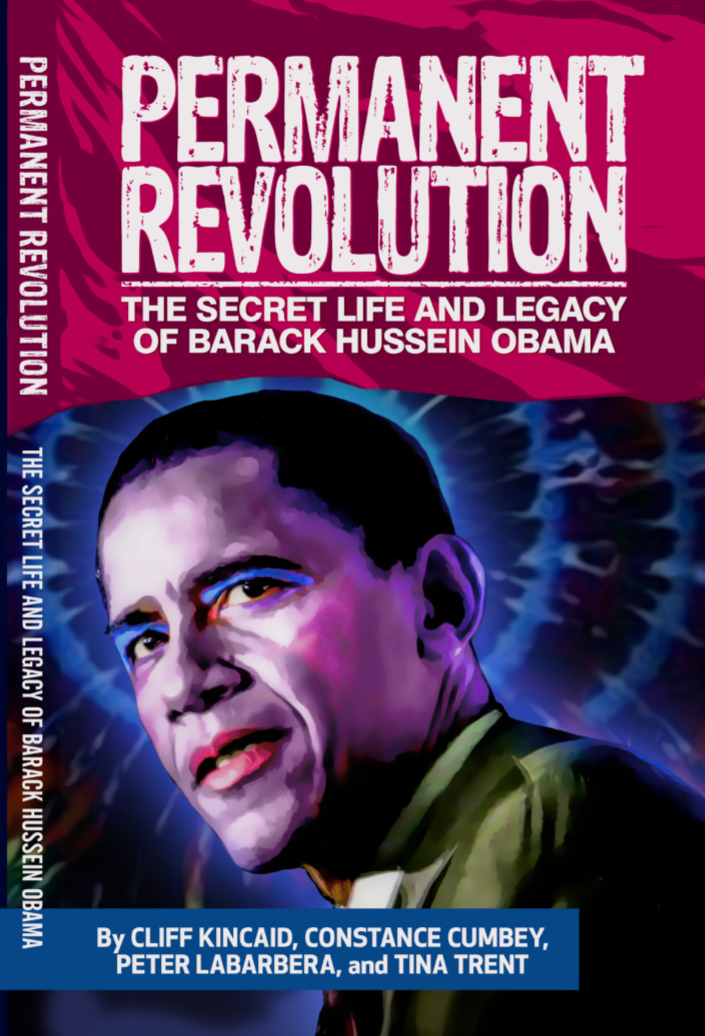|
MEDIA RELEASE
4 June 2020 LANCET PREVIOUSLY EXPOSED AS A PARTISAN POLITICAL MOUTHPIECE As Lancet, one of the world’s top medical journals, is facing deeper scrutiny over its publication of the increasingly questionable study claiming that chloroquine and hydroxychloroquine were associated with increased risks of dying in hospital when treating COVID-19 patients, critics of the journal are pointing to a previous 2011 Lancet study which demonstrated that it acted as a complicit mouth-piece.for leftist political agendas via a demonstrably false study it refused to retract. In April 2011, as the Canadian government was defending its 2008 decision before the Canadian Supreme Court to curtail or close Insite, Vancouver’s Safe Injection Facility for heroin users, Lancet published a false study claiming that the facility reduced opiate overdose deaths in its immediate vicinity by 35%, with similar reductions across the rest of Vancouver of 9% (official British Columbia coroner’s data showing only increases in Vancouver OD deaths during the years studied). The study was conveniently published only weeks before the Supreme Court was to hear final evidence, and was highly influential in the Court’s decision against the Canadian government. In an extensive letter published in Lancet in January 2012, a team of Australian, Canadian and US professionals within the addictions arena, including the founder of the US National Institutes of Drug Abuse (NIDA), Dr Bob DuPont, exposed major errors in the study which showed it to be either fraudulent or inept. This 2012 letter demonstrated that the Lancet study’s results were almost fully explained by changes in policing in Vancouver’s DTES which had changed from a drug “containment” approach to one of “zero tolerance”, inspired by New York’s previous “broken windows” successes, in the months before Insite commenced operations. These policing changes were so seismic that complaints were lodged with the UN Human Rights Watch at the time. The 2011 Lancet study had denied knowledge of any policing changes that could drive down overdose deaths around Insite, despite the fact that a number of their research group had done a CMAJ study in 2004 tracking the displacement of drug dealers, users and their overdoses away from the DTES to other areas in Vancouver, while being highly critical of the policing crackdown. Lancet’s response to the 2012 letter was to publish a written response by the original five researchers in which they claimed, against all evidence, that the policing crackdown had ceased soon after Insite opened, despite being sent a second letterfrom Drug Free Australia, with written testimony from the then DTES police commander, John McKay, that the zero tolerance approach had never ceased as alleged and was still entirely operational even in 2011. It was this written testimony from McKay that the Lancet’s Chief Editor Sir Richard Horton, refused to publish, allowing this false study to remain as the centrepiece for the proliferation of Safe Injection Sites throughout Canada, and now into the United States to this day. Other evidence sent to Lancet demonstrated that the very same evaluation cited in the Lancet researcher’s published response letter, ‘evidencing’ their claim that the policing crackdown had ceased in September 2003, clearly stated that the policing crackdown was still active in August 2004 (see p49), at the evaluation’s time of writing. Clearly the policing was responsible for most of the reductions in overdoses around Insite. Drug Free Australia, which initiated the original letter to Lancet challenging the study, later demonstrated that Sir Richard Horton was a Science Board colleague of two of the 2011 study’s researchers, Julio Montaner and Evan Wood, in a Canadian drug legalisation lobby group, evidencing a severe conflict of interest in hushing the truth about the false but highly influential study. Gary Christian, the Drug Free Australia Research Director who originally coordinated the exposure of Lancet’s false study, said, “Lancet has already shown that it is willing to stand by a study proven to be either fraudulent or inept, raising the question as to whether Lancet is motivated by leftist political agendas to intervene with questionable or demonstrably false studies when the situation demands it.” Contact: Gary Christian +61 422 163 141
0 Comments
Leave a Reply. |


